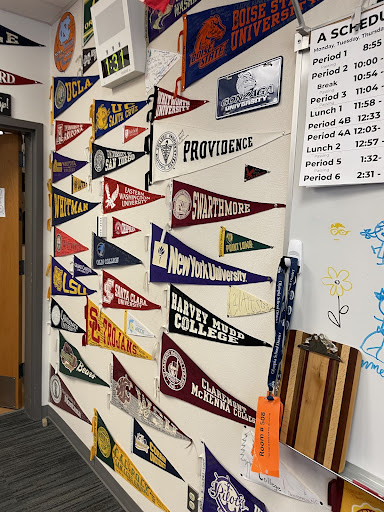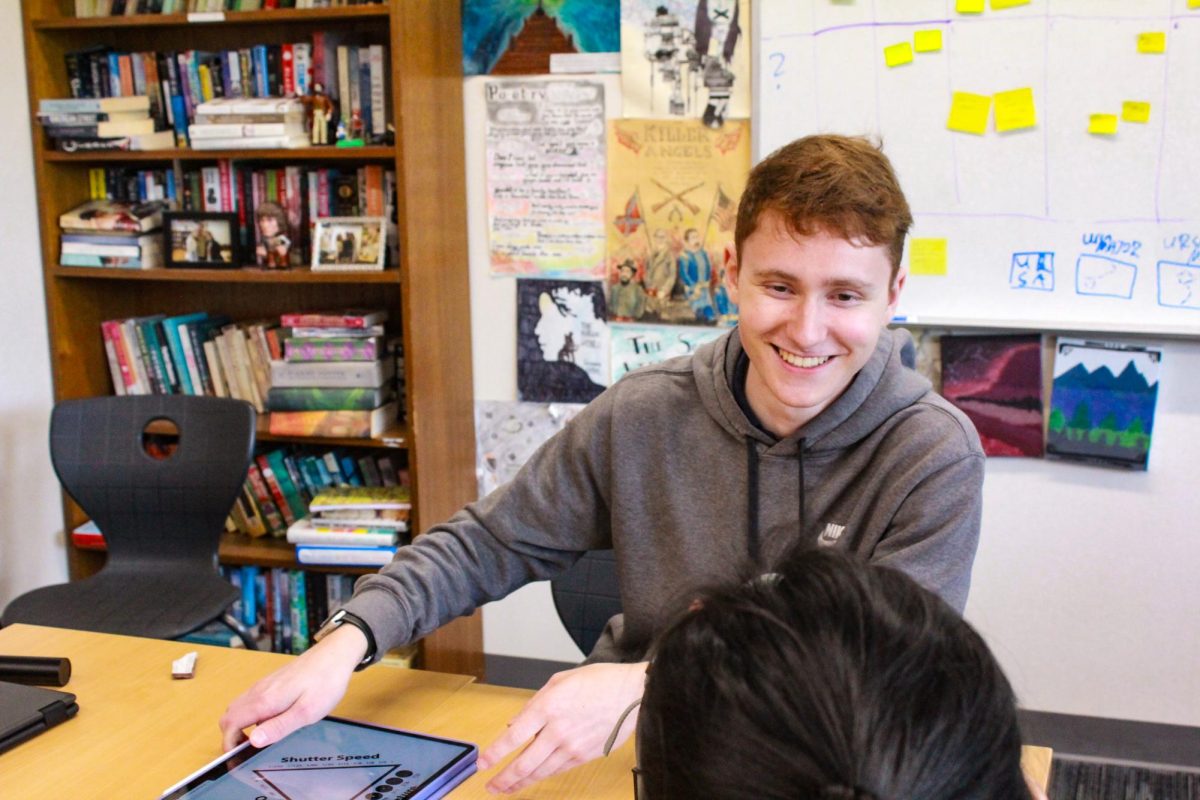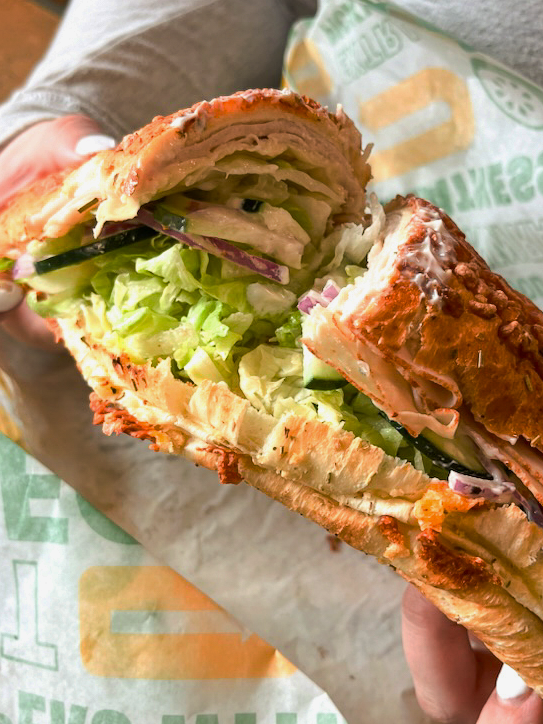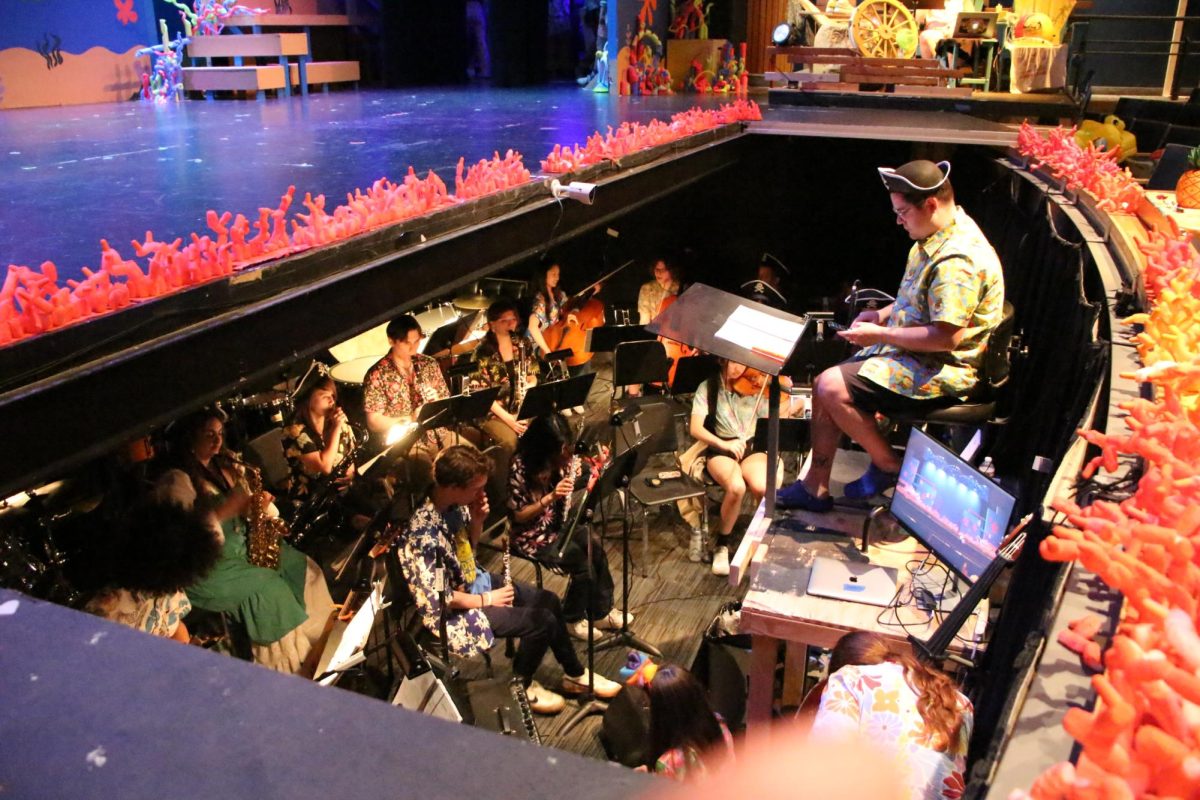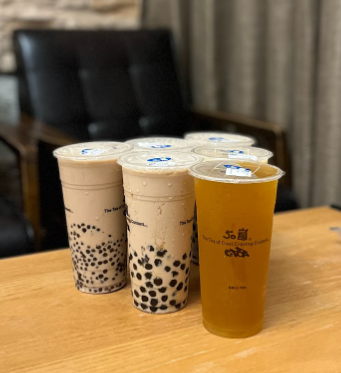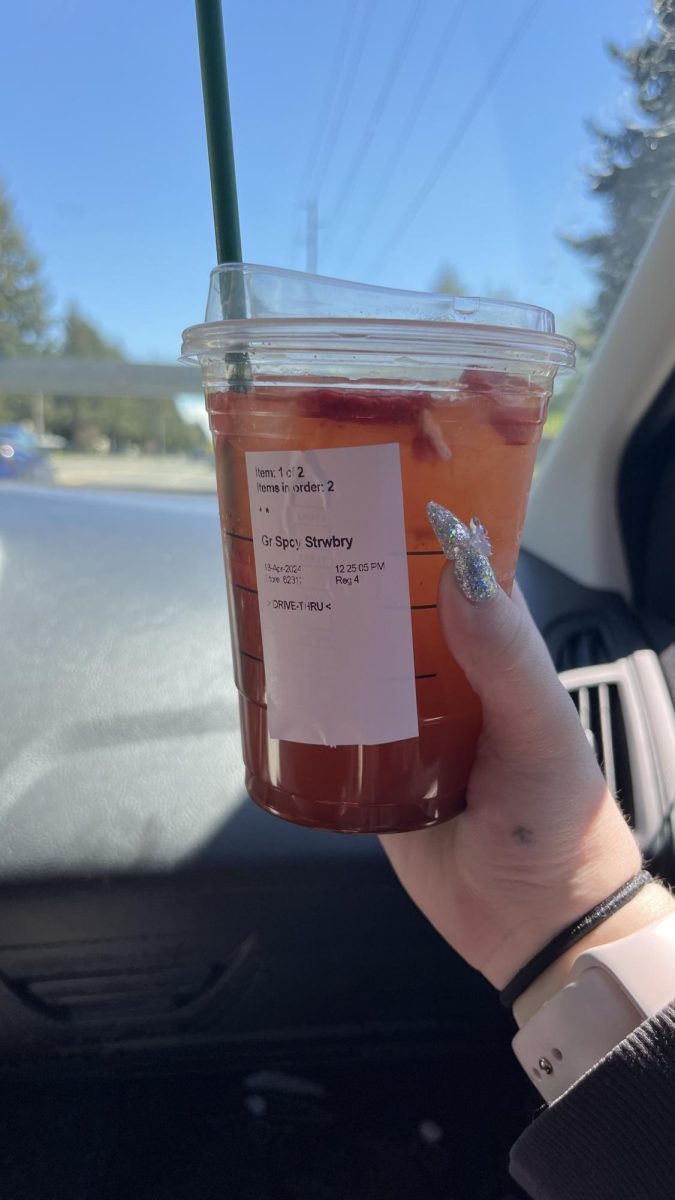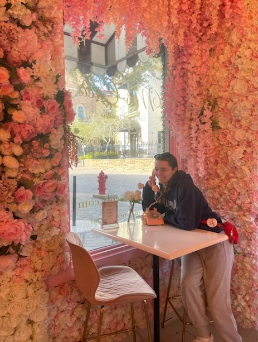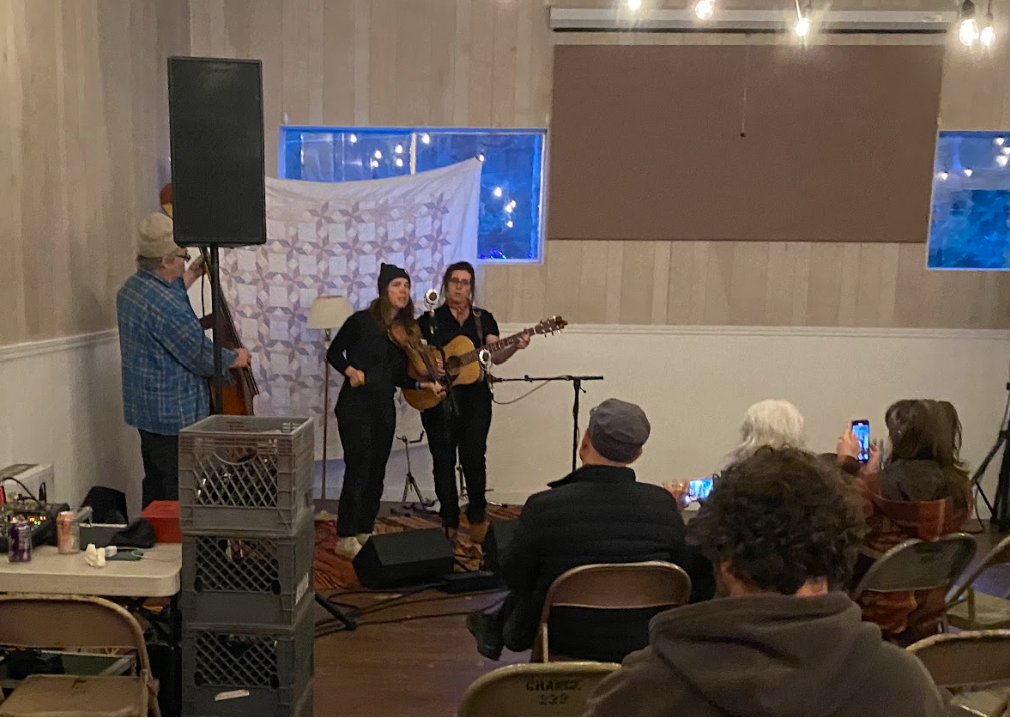When Kurt Cobain was lost, unsure of what to do for his first album Bleach in 1989, he looked everywhere until he found the only one that could produce such a piece. Jack Endino.
Jack Endino is a Seattle recording producer. He’s recorded albums for hundreds of bands as of 2024. Endino started his music career in 1984, when he would record in his basement and do demos for people for $5 an hour. However, Enidino was originally an engineer.
He worked at a naval shipyard as a civilian electrical engineer, “working on the fire fighting systems in the engine room of aircraft carriers,” he explains. He learned some electronics from that and early digital graphic design skills. “I left that job after three years because I realized I needed to do something with music and it was better to do it while I was young… I didn’t need to do much soul-searching to leave that job.”
In the summer of 1986, Endino started reciprocal recording and a lot of the early grunge recordings that went onto the SubPop label. “I was working freelance, anybody who walked into the studio, I would record them,” Endino explains. “I spent much of the 90s flying around the world with tickets that other people were paying for.” Endino says that as he gained more popularity, other countries would want him to come over and record.
“I was just in Chile actually, Santiago.” Endino was speaking at a conference about the specifics to the recording process with other record producers. “I had another producer with me and we had quite a bit of fun going back and forth. But afterward, there was a line of people waiting for me to autograph their copies of Bleach and selfies.”
Endino elaborates that while he loves recording in other countries, it doesn’t help his career in the United States. “Recording a lot of strange bands in strange places in odd studios and odd circumstances. A lot of them are not in English. I had a lot of fun doing it, but it really doesn’t do anything for my career in the U.S.”
When asked about Kurt Cobain, he admits he doesn’t remember much. It was just a normal recording session and, back then, he didn’t think much of it. “The only reason people hear me so often in regards to Bleach is because it’s the only album that’s sold millions and millions of copies. You can’t say that about the TAD records or the Soundgarden records.”
“Listening passively to music that I didn’t have anything to do with is not quite as satisfying as making the records.” Endino has a long history of producing and recording music. He admits that he doesn’t necessarily listen to a lot of music outside of work because that’s what he does for his job. Endino remarks, “As a teenager and fanatically in my twenties, I was listening to the whole history of rock and roll.”
“I don’t listen to the album after it’s done because, at that point, I know every atom of it.” Endino elucidates that it’s pretty cool being able to produce the type of music he loves, but after it’s done, it’s done.
“Bands aren’t particularly worried about trends, you know? Saint Hussy isn’t worried about the trends. They kind of just do what makes them happy.” Endino himself doesn’t stay up to date on the latest trends, but he says that it’s not especially important. There are lots of different methods when it comes to recording an album and fine-tuning it to sound perfect.
“The really good singers don’t need [autotune]. Autotune is used to enhance and fix notes here and there.” He explains that autotune is used in situations where they’ve already run through the song a handful of times and they’ve already gotten an almost perfect take. He puts the song in and just fixes a couple of notes the singer missed or tweaks the guitar in a certain part.
“They want an authentic approach in the studio and that’s all I know how to do.”


